Build a Better Relationship with Dynamics 365 Customer Voice
Collect, analyze, and track real-time feedback in an easy-to-use, scalable feedback management solution.
Capture feedback immediately across channels with personalized surveys to continuously track customers’ perception of your services and products.


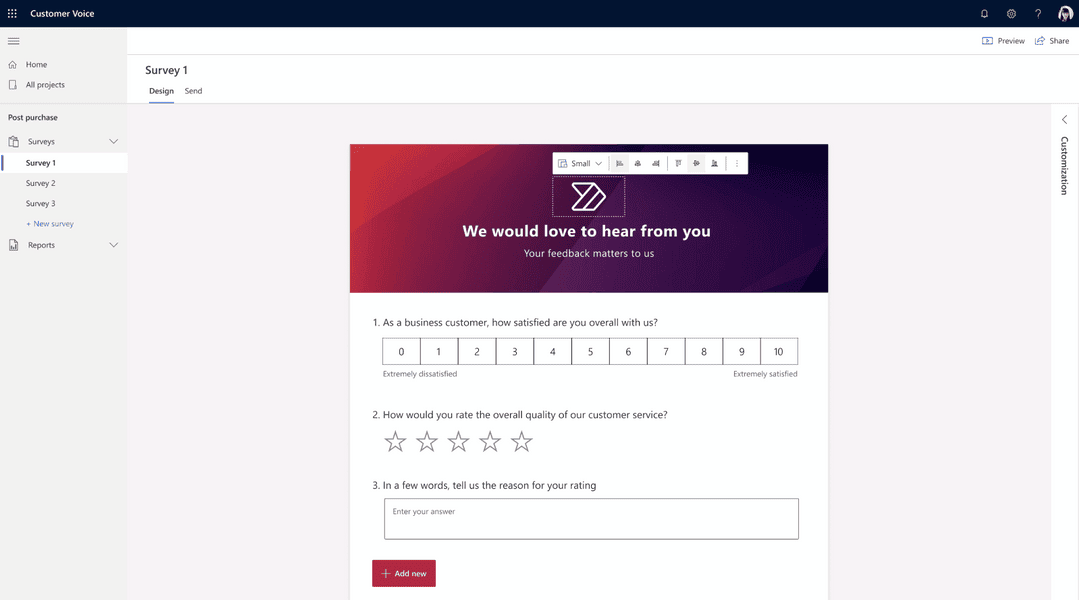

Surface customer sentiment, trends, and the metrics that matter to your business to ensure complete understanding of your customers.
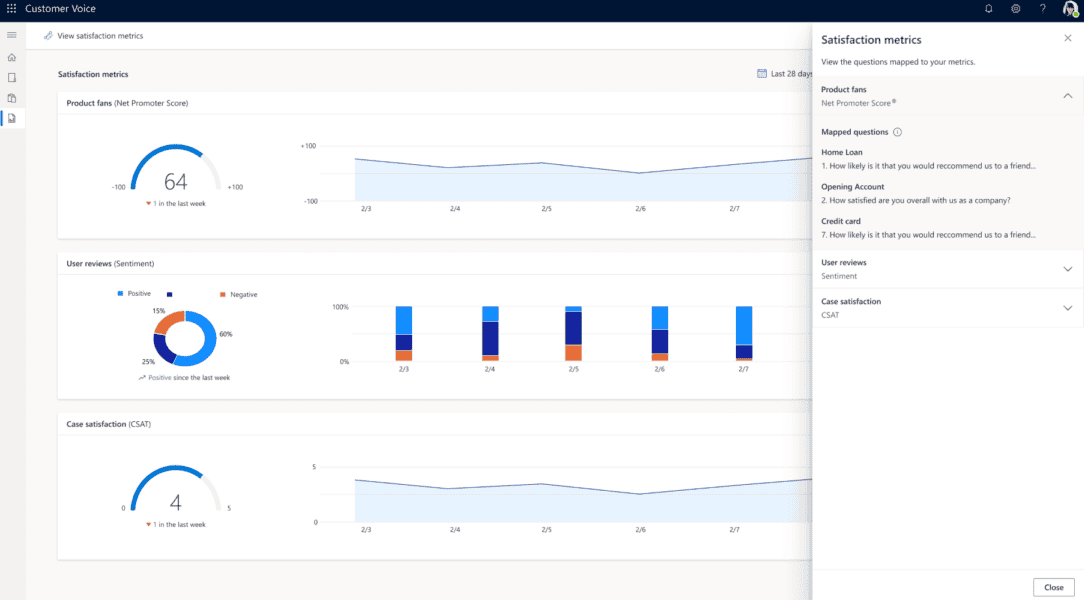


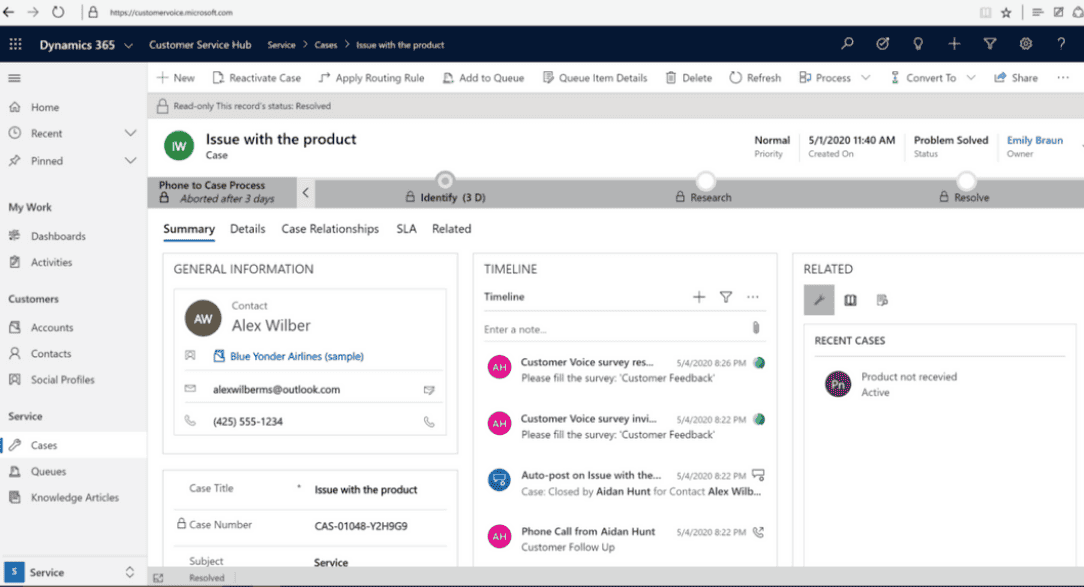
Connect with your customers in the moments that matter with predictive insights, automatic alerts, and customized workflows.
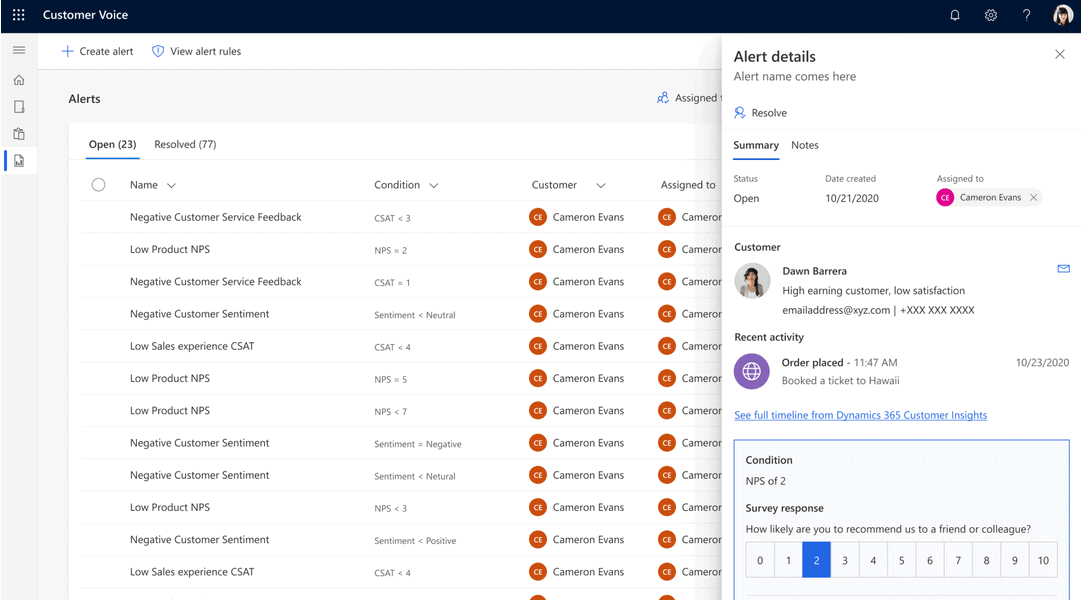
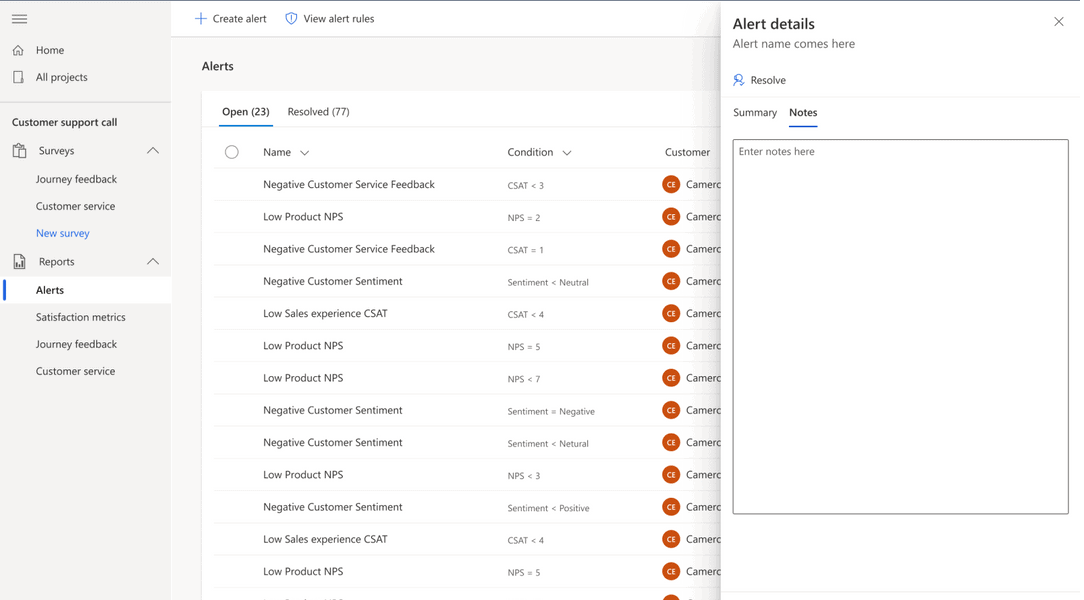

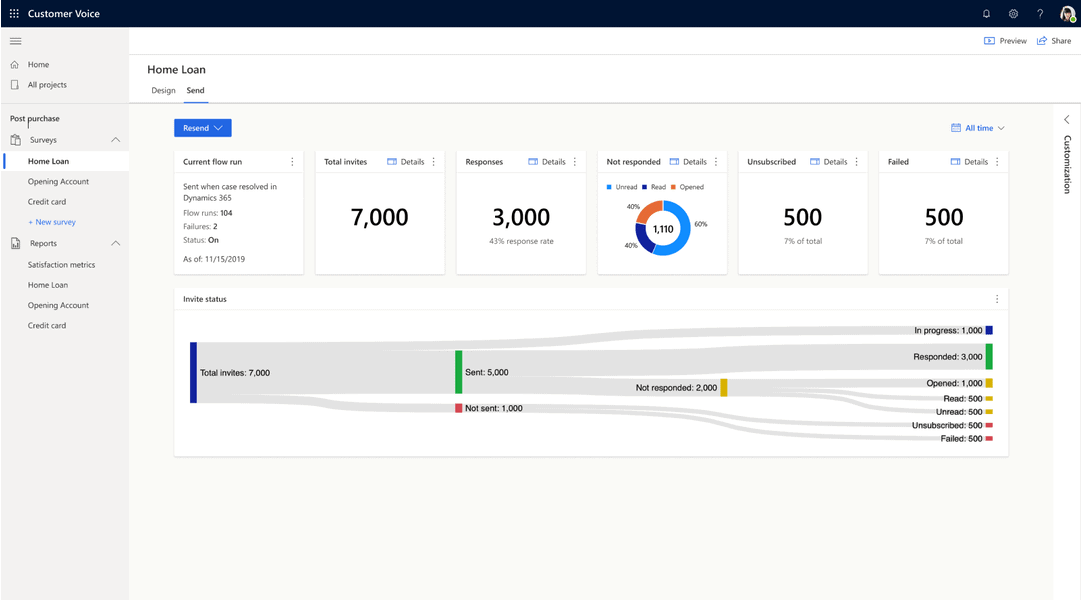
Empower your entire organization with Microsoft Copilot AI Assistant
Exceed customer expectations by delivering exceptional service.
“Our team doesn’t just implement software. We help you make your business better.“
With change in mind, we suggest you consider hitting the proverbial “RESET BUTTON” and re-evaluate ‘where you are now’; and ‘where you want to be‘.

